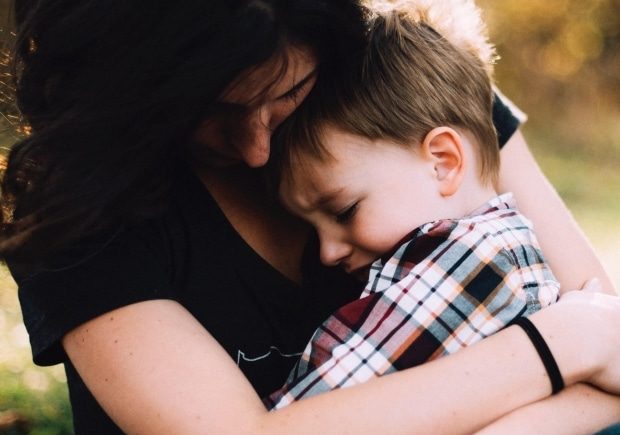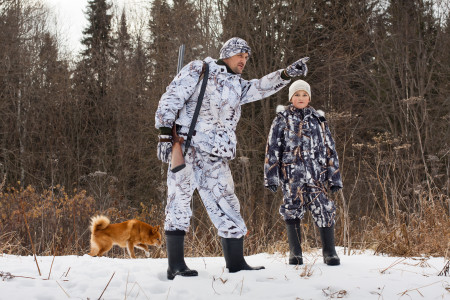We continually pray our children will never have to go anything tough like losing a friend or dealing with cancer. However, sometimes we don’t always have the control of their lives we would like.
If your child has or is going through some kind of loss or tragedy in their life, remember you’re their biggest support. Your child needs you more than ever at this moment.
It’s not an easy thing to deal with for you or your child, so if you need, use the resources below to help your family.
Take Care of Yourself
If your child is going to be affected greatly by this tragedy, you probably will be too. So when you hear news of this type, grieve on your own before telling your child.
Take the time you need to sort out your thoughts before talking to your child about it.
Share the News
If your child doesn’t hear of the tragic news at school first, it’s likely you’ll hear about it in your network of parents before they do. That means it’s up to you to share the news with them.
This is the ideal situation for this kind of occurrence because it means you can be there for your child and control the setting in which you share this information. Find a quiet setting with little distractions, and make sure you’re calm.
Keep the conversation age appropriate and simple for your child. Let them know what this occurrence will mean for your child.
If a friend has passed, let them know they won’t see them at school anymore or have playdates. If a friend has cancer, similarly let them know what that will mean as far as when they’ll see them and what to expect.
It’s difficult for young children to fully grasp the concepts like these and what it will mean for their friendship.
Comfort your Child
Allow your child to freely express their emotions, and you just be there to comfort them. Talk calmly and hug them while they cry.
Let them know it’s okay to feel sad, that it’s normal to feel sad. Share how you feel with them too.
Let them know you’re sad too. Encourage them to ask questions about this occurrence, and answer them honestly and simply.
Let them know you’re always available if they need to talk or are just feeling sad.
Offer Reassurance
Upon hearing about the tragedy of a friend, your child might start to fear something similar could happen to them, a sibling or another friend. Reassure them everyone is safe in regards to the situation.
Prepare for Behavior Changes
Learning of the death or illness of a friend can cause emotional turmoil, especially for children who don’t fully understand the situation. Sadness, anger, confusion, shock, depression, fear and many other emotions might take hold of your child.
And some younger children may even show regressive behavior like sucking their thumb or bedwetting.
To help your child through their grief and through these feelings, try reading some of these books recommended by the National Association of School Psychologists.
Join a Support Group
For older children, joining a support group can help them meet others who are going through a similar experience so they realize they’re not alone in this experience. This is especially common for those who have friends with cancer.
A support group can help you cope with this tragedy as well. The Teton Cancer Institute has some great resources for finding a support group.
If you are at a loss for how to help your child, just remember your love for them is the most important thing you can offer them at this point in their life. Share that love for them and comfort them as much as they need it.
Grief is one of the most powerful feelings you will ever experience. People grieve for various reasons.
Many think the only heart wrenching and life altering grief is when a loved one passes away. Regardless of why someone is grieving there are five distinct stages of the grieving process everyone must go through before they can truly get on with their life in what will be the new normal.






